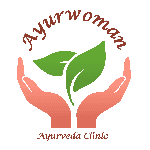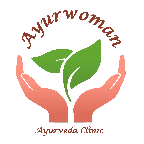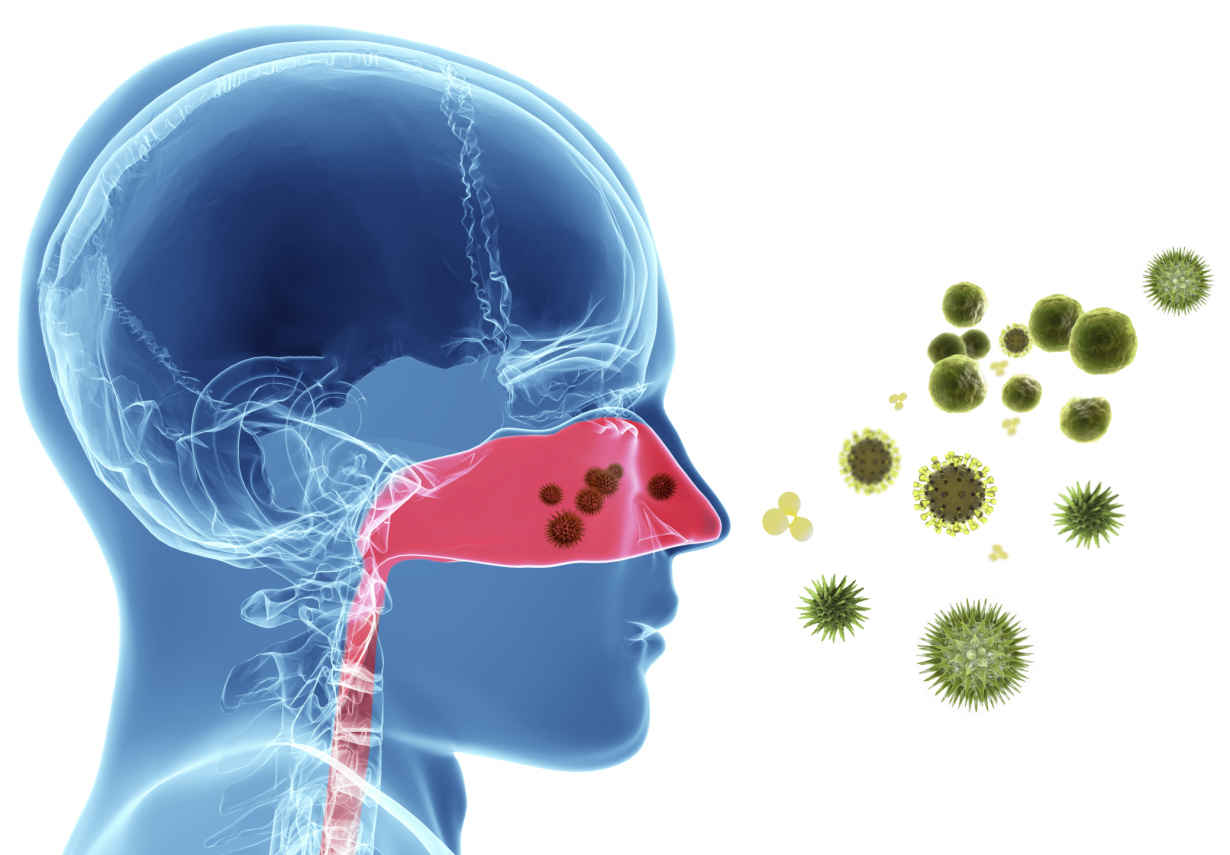Hay Fever treatment in Ayurveda
Ayurveda does not treat hay fever symptomatically via the antihistamine route. An Ayurvedic practitioner classifies the type of allergic reaction based on your body profile and type of symptoms. They use your knowledge on your ayurvedic body type and peculiarity of your symptoms to provide you with a tailored treatment plan to build your immunity towards allergens for this season and many more seasons to come.
If you want to build your resistance to hay fever or any allergy for that matter, speak to your Ayurvedic practitioner.
You may also want to consider if you have any options to prevent hay fever than trying to treat hay fever.
Hay fever treatment in Ayurveda
It is spring once again. Everyone agrees it is the most glorious time of the year, with everything in nature fresh and beautiful. The winter woollies are ready to be put away for a while.
However, ask the ones who reach for their nasal sprays and hay fever relief medication as soon as the season turns. A lot of the beauty is lost in the after-effects of hay fever.
Ayurveda, in its ancient wisdom, has provided for therapies and remedies that can help contain and manage hay fever. It uses your own body, and its ability to work with natural treatments to help heal.
Hay fever treatment in Ayurveda is based on an individual’s body type or dosha type. While natural and home remedies are useful in managing hay fever, it is better to consult an ayurvedic practitioner for a naturopathic holistic and longer-term cure. A practitioner will first identify your base dosha make up. Then they would identify the specific type of dosha that is causing the hay fever flare up. They would use this diagnosis to create a customised treatment plan. Combine the initial treatment, life style changes and changes to your diet for a long term cure.
We have for you, information that will help not only in understanding the malady better; but show you exactly how Ayurveda works on this sometimes chronic ailment. At Ayurwoman, our practitioner Jyothi will walk you through all of it herself.
Join us in this journey of knowledge and healing!
What is hay fever
Did you know?
Hay fever or allergic rhinitis is allergic reactions that occur in eye and nose. It is essentially an allergic reaction on nasal airways mainly caused by allergen grass pollen. It has nothing to do with allergy and hay nor is it a fever.
Here is the real story.
Common allergens are dust mite, pollen, moulds, dog and cat hair, insect stings, some drugs and foods such as eggs, wheat, peanuts, and fish.
What is an allergic reaction?
A healthy system copes with allergens, but if it is stressed or strained or if there is an infection or if the person is fatigued then the arrival of allergen tips the balance and an allergic response (or allergic reaction) occurs. This might take shape and form of hay fever, skin rashes or gastric upsets.
What happens in an allergic reaction?
Here is an understanding of what your body goes through when in the grip of an allergy…
Scattered throughout the tissues lining the surface of the body, skin, nose, eye, lips, mouth, lungs and intestine are millions of single cells called mast cells which are responsible for producing a chemical called histamine when an allergen (antigen) penetrates the body. These histamines trigger the allergic reactions in the form of itching.
The human body, comprising many sensitive areas is prone to be affected by the smallest changes in the physiology. Allergic reaction on Skin, eye, and nose are the most commonly observed ones.
Here is more of what happens …
The release of histamine into the skin produces irritation and itching. Due to excess histamines in the blood, blood plasma leaks out of the blood and is trapped beneath the skin and produces white bumps called hives.
Allergic reactions in the eye cause irritation and itchiness. Eyes may become red and watery and membrane becomes swollen. Tears run into the nasal passage and cause stuffiness and snuffles.
Allergic reaction in the nose brings immediate reaction which causes continual sneezing and headache.
Ayurvedic view of allergic rhinitis
Ayurveda has, in its ancient texts clearly outlined its view on allergic rhinitis.
We share with you some of its wisdom. For a first-hand experience of this wisdom being put into practice, please do contact us or visit our wellness center in Melbourne.
Ayurveda believes a person with a weak digestive system (weak digestive fire) has toxins in their body and ayurvedic hay fever remedies revolve around this principle.
Here’s how it works…
During winter months more fat or kapha forms an extra insulator layer which increases body’s core temperature. Towards the end of the winter season, rising ambient temperature melts this extra mucous layer which slowly moves into the bloodstream. In an ideal state, bodily systems either neutralise or excrete such toxins.
Those individuals whose body lacks or is deficient in this neutralisation and secretion capacity, are seen as more prone to get allergic reactions and hay fever. This mucous or kapha is in some ways responsible for weakening the digestive fire or digestive agni.
Vata is responsible for changes and movements in the body. Seasonal changes in nature trigger the Vata humor. Another aspect is the nervous system. Our nervous system is the main seat of Vata dosha. An aggravated or overstimulated Vata dosha ( and its main seat of nervous system ) triggers continula sneezing and headache.
Hay fever treatment
Here’s how Ayurvedic therapies help to combat Hay fever…
The treatment:
Since all of us differ in basic physiology, hay fever symptoms can also vary from person to person. Ayurveda differentiates symptoms according to these distinctly varying body types.
Ayurwoman recommends an ayurvedic diet, herbal formulations and hay fever remedies are customised for each person or each situation.
- A person with vitiated vata dosha is more susceptible to sneezing, headache, insomnia, dryness of mouth and throat and generalised aches and pains.
- A vitiated pitha dosha situation would get more pitha vitiated symptoms such as burning and watery eyes, hives, throat pain and inflammation, feeling feverish and occasional gastric upsets.
- Kapha vitiated allergy is more prone to get a runny nose, nasal block, sinus infection, itchiness, heaviness and lethargy.
Since symptoms vary according to the dosha involved, hay fever remedies also have to be customised.
Ayurveda allows for safe and natural means of treating this malady.
Here’s what you need to use…
Natural options for hay fever relief
Natural hay fever remedies are our every day herbs such as:
- Guduchi ( Tinospora cordifolia or hear leaved moon seed )
- Guduchi is a well-known immunomodulator herb
- It can also correct digestive disorders and can cleanse the liver
- Pippali ( Piper longum, belongs to pepper family )
- Pippali is an immunomodulator herb
- Has mucus removing properties
- Toxin remover
- Bronchodilator herb
- Ginger ( yes; the every day ginger )
- Liquorice ( needs no explanation )
- Liquorice soothes the lung and throat
- Acts as expectorant
- Pushkaramool ( Inula racemosa, belongs to daisy family )
- Expectorant and broncho dilator
- Malabar nut ( Adhatoda vasica )
- Expectorant and broncho dilator
Ayurvedic Preparations for hay fever
We share with you Ayurvedic Preparations for hay fever.
While there are numerous classical ayurvedic preparations, one should consult an ayurvedic practitioner for the right diagnosis and treatment.
Some of the well know classical preparations that can be used are as follows:
- Haridrakhand
- Chyavana prasham
- Vasarishtam
- Trikatu
- Dasamoola
Nasya and other Ayurvedic remedies for hay fever
- Nasya medicines or nasal drops are very beneficial in rhinitis. Daily application of anuthailam protects the nasal mucosa from further antigen attack and is thus a preventative medicine for hay fever.
- Virechana or purgation therapy is a cleansing process and removes toxins from the intestine. Virechana is considered a supportive therapy in the treatment of hay fever.
Importance of right diet in hay fever remedies
An ayurvedic diet supports hay fever herbal treatments. Inability to follow a strict dietary regime can create a dosha imbalance. An incompatible diet is also likely to reduce the effectiveness of main line treatments.
We suggest:
Reduce or if possible, totally avoid the following
- Tomato, pineapple
- Yoghurt, cream cheese and fermented food like vinegar
- Artificial sweetener, sauces and cold food
- Fried food, red meat
Consume more of the following
- Seasonal fruits and vegetables.
- Digestion correcting herbs like cumin, coriander fennel, ginger, basil, parsley and turmeric.
- Drink 2 to 3 litres of water every day. This is considered good in body’s purification process.
Conclusion
To sum up the wealth of information Ayurwoman has put together for you…
While allergy is human body’s natural reaction to an external irritant, excessive and annoying allergic reactions during spring months can be controlled by a combination of ayurvedic herbs, ayurvedic diet and in extreme cases an ayurvedic treatment and an ayurvedic detox. Ayurvedic treatments can also provide human body with long term immunity.
So, this spring, get out there and take that deep breath of fresh air without worrying about Hay fever. Allow Ayurveda’s simple and holistic natural ways take care of what ails you!


